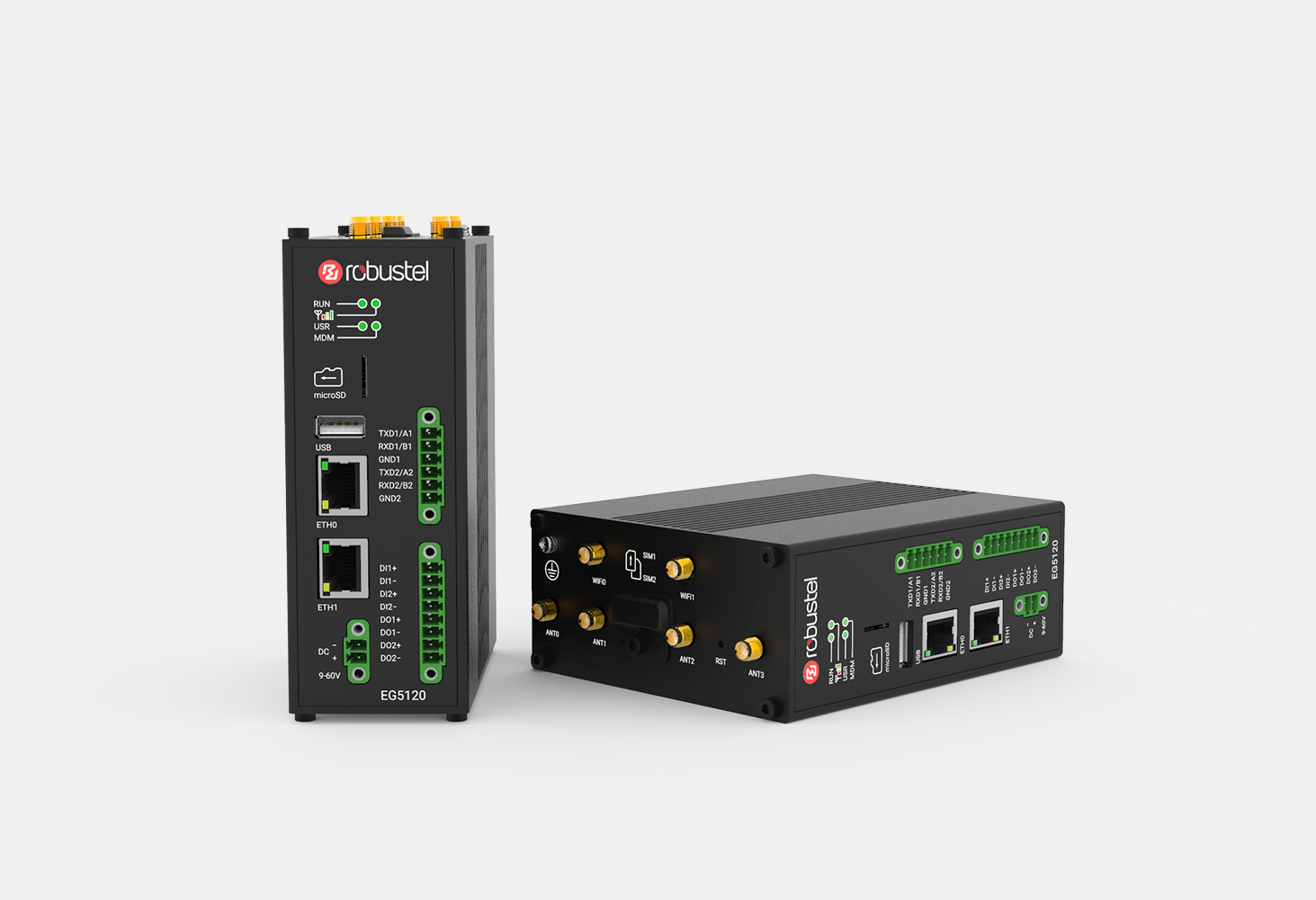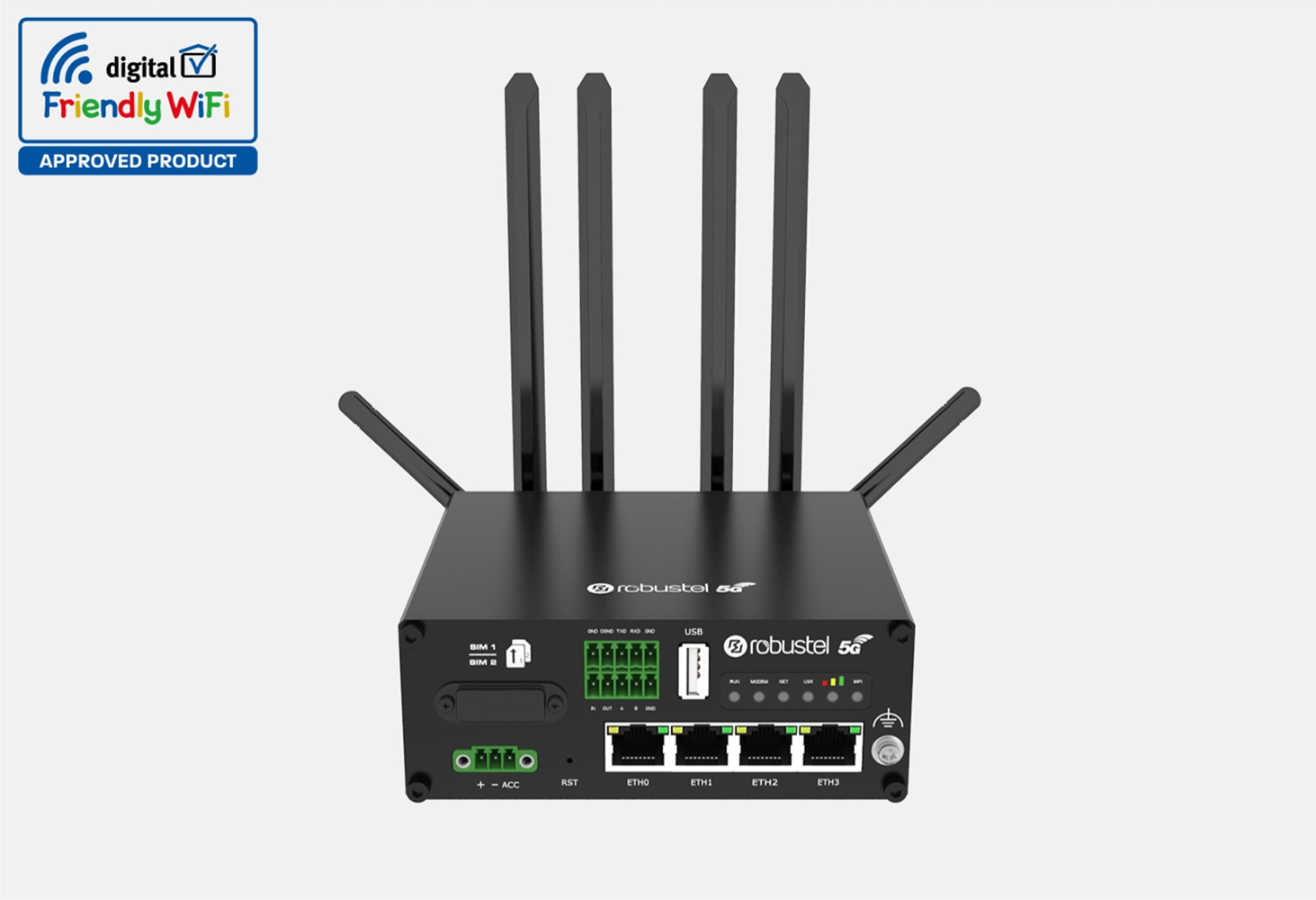The evolution of wireless technology has brought us to the 5G era. Faster than 4G, more stable than 3G, and more reliable than 2G.
The 5G technology has been touted as the next big thing in wireless connectivity. The projected growth rate for the worldwide 5G services market is estimated to be 59.4% on a compound yearly basis, from 2023 to 2030.
And, 5G router has a big role to play when it comes to bringing 5G-enabled devices to work. It is a new device that lets you connect with 5G-enabled devices as they become available. As we all know, the next generation of wireless communication technology is called—5G. This new standard promises to be much faster than the currently used 4G LTE connections.
However, what does this mean for you—as a consumer or a business owner? So what is a 5G router exactly? What can this type of router do for you?
This article will shed some light on 5G routers, what they are, what are the benefits, why you should consider one and many others.
In this article, you’ll discover:
- What is a 5G router?
- What are the Benefits of 5G Routers?
- How much faster is 5G compared to a 4G router?
- Why Your Next Industrial Router Should be a 5G Router?
- Frequently Asked Questions
What is a 5G router?
Routers connect two or more packet-switched networks or subnetworks. It routes data packets to IP addresses and lets numerous devices share an Internet connection.
A 5G router is a device that connects your devices to the internet using wireless 5G technology, similar to how 4G routers function.
One of the primary advantages resulting from the implementation of 5G technology is the elimination of the necessity for a physical landline connection. In contrast, the means of connecting to the internet commonly involves the utilization of a SIM card, like to the one found in mobile phones, which facilitates unrestricted data usage in addition to voice calls and text messaging. The SIM card included within the router facilitates internet connectivity via the utilization of 5G technology.
What are the Benefits of 5G Routers?
5G is set to revolutionize the way we use the internet by becoming the next generation wireless standard. The introduction of 5G will mean faster connections and less congestion when using mobile devices. 5G routers benefit both businesses and consumers.
For business owners, 5G routers with Cellular Intelligence (CI) are scalable and flexible to meet the business requirements of a growing business and provide required advanced active management capabilities. CI makes your network smart, safe, and highly efficient.
For consumers, 5G is expected to bring faster speeds with lower latency that will give them an improved customer experience when using online services such as streaming video or music services, online gaming platforms, social media sites and e-commerce platforms.
How much Faster is 5G compared to a 4G router?
The speed of 5G technology surpasses that of 4G technology to a significant extent. According to estimates, the potential download speed of 5G networks are projected to reach 20 Gbps, which is significantly higher compared to the existing 4G networks that provide rates of 1 Gbps. The primary drivers behind this observed speed are twofold: the effective use of higher frequency bands and the shorter latency times (less than 5 ms).
Table 1: 5G Router vs 4G Router: A Comparison
| Factors | 5G | 4G |
|---|---|---|
| Latency | Less than 5 ms/td> | 60 to 98 ms |
| Potential Download Speed | 20 Gbps | 1 Gbps |
| Base Stations | Small Cells | Cell Towers |
| OFDM Encoding | 100-800 MHz channels | 20 MHz Channel |
| Goal for Cell Density | 100 times greater than 4G2 | 200 to 400 users per cell |
Source:Techtarget.com
Another notable distinction between 4G and 5G is in the prevalent base station need for signal transmission. Similar to its predecessors, the 4G technology facilitates the transmission of signals from cellular towers. On the other hand, the utilization of small cell technology is a key aspect of 5G networks, primarily driven by its enhanced speed capabilities and utilization of mmWave frequency bands.
Consequently, telecommunication carriers are expected to implement high-band 5G networks through the deployment of small cells, which are compact structures resembling pizza boxes, across various locations. The utilization of cell towers will continue to be employed by 5G technology for its lower frequency spectrums.
Another key difference between 4G and 5G is the OFDM encoding. The use of Orthogonal Frequency Division Multiplexing (OFDM) in data encoding facilitates the enhancement of download rates in 4G and 5G networks. This is achieved by allocating distinct signal channels to each network, as opposed to a common channel. The fourth generation (4G) of wireless communication technology uses channels with a bandwidth of 20 MHz. In contrast, the next fifth generation (5G) will employ channels with a significantly wider bandwidth ranging from 100 MHz to 800 MHz.
And lastly, the goal for density of 5G is much higher than 4G. 5G networks are being designed to support a greater density of cells, resulting in increased capacity and connectivity.
Why Your Next Industrial Router Should be a 5G Router?
The 5G wireless routers represent the next generation of industrial-grade wireless routers, which are set to facilitate an enhanced level of connection for businesses.
Unlike its predecessors, 5G router can accommodate various cellular connections through the utilization of two modems and the ability to support up to four distinct carrier SIM cards, hence offering more flexibility.
Moreover, one feature that makes 5G special is the use of Cellular Intelligence to enhance wireless connections and leverage cellular characteristics within the context of SD-WAN.
Also, the inclusion of advanced security features such as Zero Trust Network Access (ZTNA) and Secure Access Service Edge (SASE) in the context of 5G technology enhances the feasibility of establishing a secure network infrastructure. This is achieved without compromising the user-friendly administration systems commonly associated with conventional 4G/LTE routers.
Frequently asked questions
Q: Are 5G routers dangerous?
A: Routers are specifically designed to prioritize safety, a principle that extends to the design and development of 5G routers. According to the World Health Organization (WHO), there is now a limited number of research available about the frequencies intended for use in 5G technology. Consequently, there is a lack of substantial evidence pertaining to the potential negative health impacts associated with this technology.
Q: Does 5G use more data than 4G?
A: The use of 5G technology does not inherently result in the automatic usage of data compared to 4G technology. The improved network offers enhanced speeds, shorter latency, and more capacity. Nevertheless, it is anticipated that the benefits of 5G technology will lead to a gradual escalation in data consumption. For instance, the quality of basic video streaming will experience a significant improvement due to advancements in higher resolutions, more intricate image processing, and the integration of augmented reality capabilities.
Q: Can 5G router replace broadband?
A: While 5G promises to be faster than 4G, it's important to remember that 5G is not a replacement for broadband. Instead, it will be used to connect devices and provide mobile internet access in areas where there is no broadband.
Conclusion
The implementation of 5G technology holds promise for improving operational efficiency and addressing the unresolved limitations of its predecessor, 4G.
Need help in finding the right 5G router solution for your business? Contact us today, our team is here to help customize and get support throughout the process.



